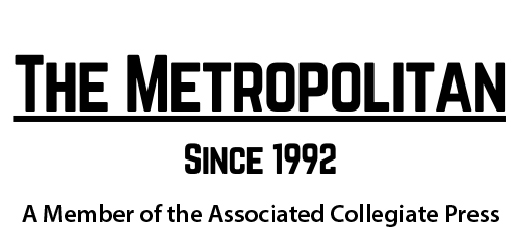Ed Day
Share:
I recently heard about a faculty proposal to drop or reduce the eight-credit liberal studies graduation requirement at Metro State. My first thought was: so what?
Students with particular career-focused majors—business comes to mind—have always blown off general education and liberal studies requirements, right? Many expressed their discontent with all the tact of a Reddit commenter, going through the motions and begrudgingly completing the course requirements.
In my mind, these are the exact students who should try to broaden their understanding of the world. But I wondered whether they got anything out of these classes.
I served on a higher-ed task force a few years ago. The overwhelming majority of the public policy luminaries and high-level college administrators said the key to success is a broad base of knowledge. Critical-thinking skills that make connections and solve problems across professions are a must. In other words, a liberal arts education.
The problem of “social ignorance” (at Metro State and elsewhere) is growing. As communities become more homogenized, people have an “inability to cope with any reality outside of personal experience,” wrote social science professor Jose Santos in a MinnPost commentary last April. He pointed to liberal studies classes as a way to gain understanding and awareness of the world around you.
An extreme example of this is an IT professional I once knew. He refused to answer my questions about Microsoft Office and Creative Suite software because I used a Mac and he was certified for PCs. Despite the strong parallels across platforms, he refused to even try to make the leap.
This refusal to step outside of one’s bubble causes more problems than it solves. It’s hard to cope with reality outside of personal experience if you actively avoid new experiences.
So, to the complainers about liberal studies: it’s only eight credits. Take the “useless” gen ed courses in humanities, fine arts, communications and natural sciences—even if the benefits aren’t immediately apparent.
Accounting majors may grouse about liberal studies courses like the sociology of homelessness. But maybe someday they will need to audit a social service agency. Understanding an organization’s mission will make them better accountants.
College of Management students might think using these eight credits to take more courses in their major will help them land a job. But a required liberal studies course might cause them to step back and wonder why the cost of job training is socialized (through public education) while the benefits (excellent employees) are privatized.
And while getting a job is a huge reason for pursuing a degree, should it be the only factor? Wasn’t educating the electorate the original mission of land-grant universities and state colleges?
Questions like these are why liberal studies requirements must be a part of earning a university degree.

